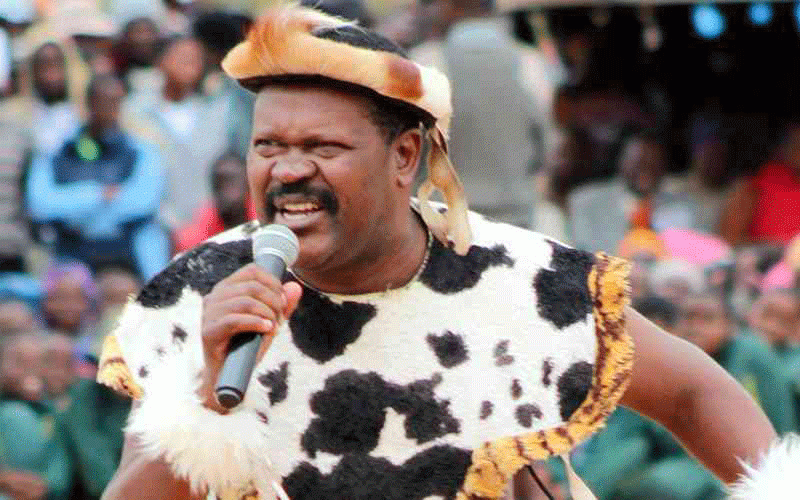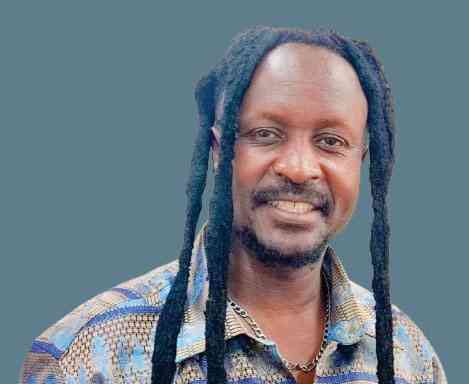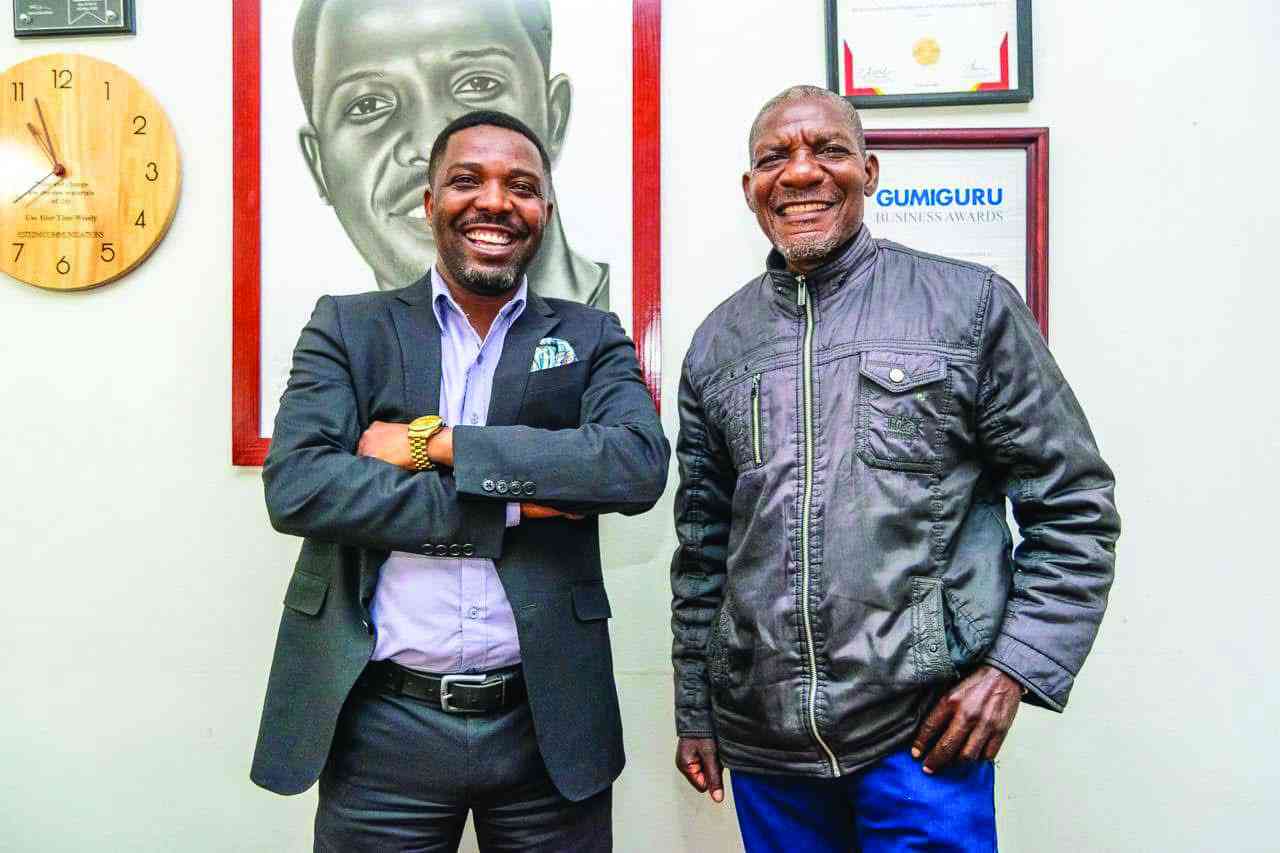
As music continues to influence social change, musicians in Zimbabwe are in a unique position to impact society beyond the art they produce.
With the growing recognition of their influence on young audiences, musicians must not only inspire, but also safeguard the wellbeing of children.
One of the critical areas where this responsibility manifests is understanding Zimbabwe's child protection policy and its significance.
Musicians in Zimbabwe, like in many parts of the world, hold a significant position in society.
Through their lyrics, performances, and public appearances, they shape cultural norms and values.
Children, who are among the most impressionable audience members, look up to these public figures as role models.
Therefore, it is vital that musicians are aware of the child protection framework that governs the welfare of minors, ensuring they engage in responsible behaviour that aligns with the law.
Zimbabwe’s National Action Plan for Orphans and Vulnerable Children and the Children's Act are central pillars of the country's child protection framework.
- Covid-19 is here to stay, tighten your belts
- Covid-19 is here to stay, tighten your belts
- Composition of Gospel music
- Mandebvu death: Details emerge
Keep Reading
These laws aim to protect children from abuse, exploitation, neglect, and harmful cultural practices. They also ensure that children are raised in safe, nurturing environments.
Musicians, especially those engaging with young people, must be familiar with the policy’s provisions.
From performing at events where children are present to producing music videos featuring young participants, the law places responsibility on any adult interacting with minors to maintain a safe environment free from exploitation or harm.
Musicians have immense cultural influence.
Their music often reflects societal issues and reaches audiences of all ages.
Lyrics and performances that address sensitive issues, such as drug use, relationships, or violence, can affect how children perceive the world.
Understanding the child protection policy helps musicians ensure that their content does not inadvertently expose children to inappropriate material or harmful behaviours.
In Zimbabwe, violations of child protection laws can result in severe consequences, including legal prosecution and damage to reputations.
Musicians who engage with children in performances, music videos, or collaborations must ensure that the children are protected under the law.
This means obtaining the proper consent, safeguarding their physical and emotional well-being, and avoiding exploitative practices.
Live performances, particularly festivals or concerts, often attract young audiences.
Musicians should advocate for proper safeguarding measures at events, including secure environments, adult supervision, and mechanisms to protect children from harm.
Understanding the child protection framework ensures that musicians can play an active role in creating safer spaces for their young fans.
Many musicians in Zimbabwe collaborate with schools and non-governmental organisations on youth empowerment programmes, mentorship, and community outreach.
These initiatives often target children and vulnerable populations.
Musicians engaged in such projects must be fully aware of the child protection policy, ensuring that their involvement does not expose children to harm or exploitation, even inadvertently.
Beyond avoiding harm, musicians have the potential to promote positive messages that contribute to children’s growth.
Songs about education, mental health, or social responsibility can inspire young people to make informed choices.
Musicians who understand child protection laws can better align their artistic endeavours with initiatives that support children's rights and development.
There are several examples of musicians in Zimbabwe working to support and protect children.
Musicians like Albert Nyathi, who often engages with schools and children’s initiatives, exemplify how artists can use their platforms for positive youth engagement.
Understanding child protection policy has allowed such artists to ensure their work aligns with the legal framework, protecting minors from harm while uplifting them through music.
Similarly, the rise of music mentorship programmes that target youth, such as Pakare Paye Arts Centre founded by the late Oliver Mtukudzi, offers musicians opportunities to mentor children while remaining accountable to child protection policies.
These programmes emphasise both artistic development and the protection of vulnerable children in the arts sector.
Musicians who fail to understand or adhere to child protection policies face several risks such as legal repercussions as violating child protection laws can lead to lawsuits, fines, and imprisonment.
Allegations of child exploitation or abuse can permanently damage a musician's public image, leading to the loss of fans, endorsements, and collaborations.
As public figures, musicians have a moral obligation to protect their young audiences. Ignorance of child protection laws is no defence when children’s welfare is at stake.
Musicians in Zimbabwe play a crucial role in society, influencing young minds and shaping cultural trends. With this influence comes the responsibility to understand and adhere to child protection policies.
By doing so, musicians not only safeguard children but also ensure that their work contributes positively to the growth and wellbeing of the next generation.
Understanding and applying Zimbabwe’s child protection framework is not just a legal necessity; it is a moral duty for any artist engaging with children in any capacity.
By educating themselves on these policies and advocating for child safety in the music industry, Zimbabwean musicians can become not just entertainers, but protectors of the nation’s future.
nRaymond Millagre Langa is a musician, poet, orator, independent researcher and founder of Indebo edutainment Trust. You can follow on Facebook @Millagre Ray Langa, on X you can follow on #Millagre Langa, email — millagrepapito@gmail.com or indebotrust@gmail.com.










